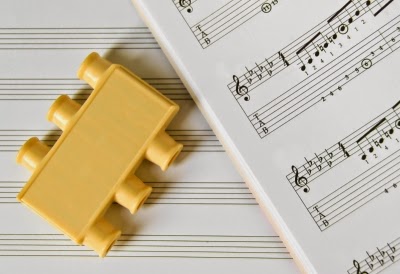For many years, researchers are already researching the relationship between listening to music and learning the music. The idea was launched into mainstream creative imagination even in the early years of 1990. It started when Dr. Tomatis introduced the concept of 'the Mozart effect.' The terminology was referring to the finding of Dr. Tomatis that when we listen to Mozart, it could originally enhance our performance on specific spatial-temporal forms of reasoning functions. Individuals will quickly misconstrued the discovery that 'when you listen to Mozart will make you smarter.' In line with this, a recently developed industry was born saying that there will be all types and varieties of 'intelligence-boosting' items that are available that declare to equip the power of Mozart.
The association between learning music and the music itself is not all dramatic, though. In 2009, Dr. Piro and Dr. Ortiz published in the Psychology of Music journal their discoveries that children who have exposure to music have better reading comprehension potentials and vocabulary than to those who were not. The researchers believed that studying music aided the children to enhance the mental coding systems required to master language. Although they recognize that this is just an initial inquiry.
The association between learning music and the music itself is not all dramatic, though. In 2009, Dr. Piro and Dr. Ortiz published in the Psychology of Music journal their discoveries that children who have exposure to music have better reading comprehension potentials and vocabulary than to those who were not. The researchers believed that studying music aided the children to enhance the mental coding systems required to master language. Although they recognize that this is just an initial inquiry.
Music Can Help the Brain to Enhance Focus
During a research that was designed to quantify how the brain sorts out several events, the researchers at the Stanford University School of Medicine found a strong physiological connection between the acts of learning the music and listening to the music. The researchers turned on short symphonies by century-old composers to the subjects of the research while inspecting their brains with working magnetic resonance imaging or MRI. The studying individuals discovered that music 'lights up' areas of the brain responsible for concocting predictions, concentration and memory.
But new discoveries pointed out that peak brain happening initially took place during musical movements. Dr. Vinod Menon, noted that you acquire the highest brain activity just after, or even in between, extreme musical movements just like in a concert where peoples’ wandering attention is arrested between transitions. Dr. Menon added that from a modernized neuroscience point of view, the transition moment is when the brains answer in a compressed and synchronized manner.
Hence, what does this imply for learners? While there has no 'learning with music' lead just yet to get circulated, it certainly cannot cause physical pain to associate some tunes into your studying habits. Just take note: you need to study throughout the interludes.

